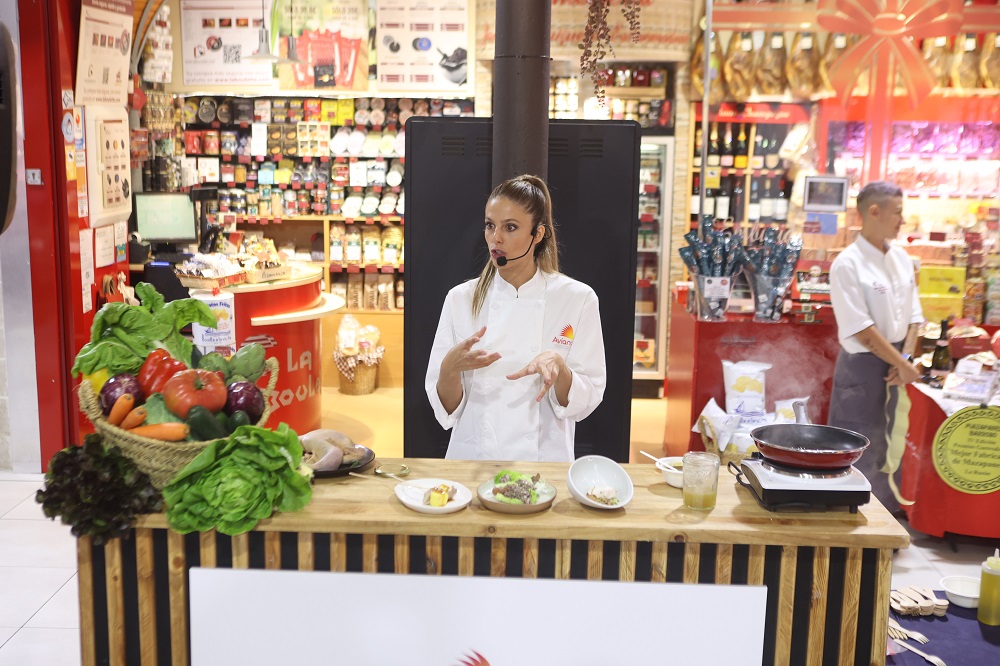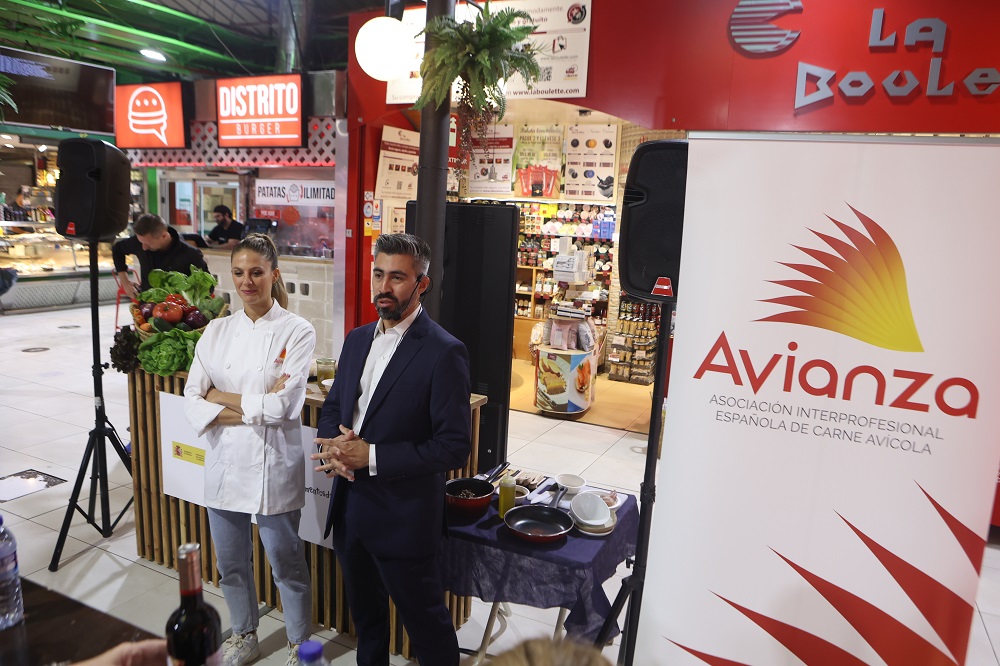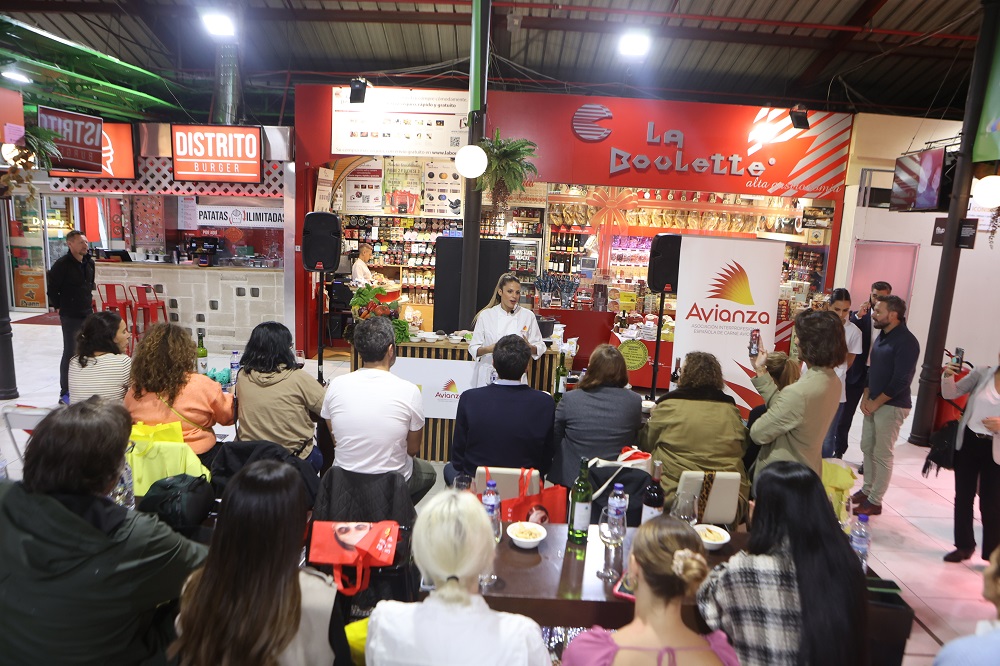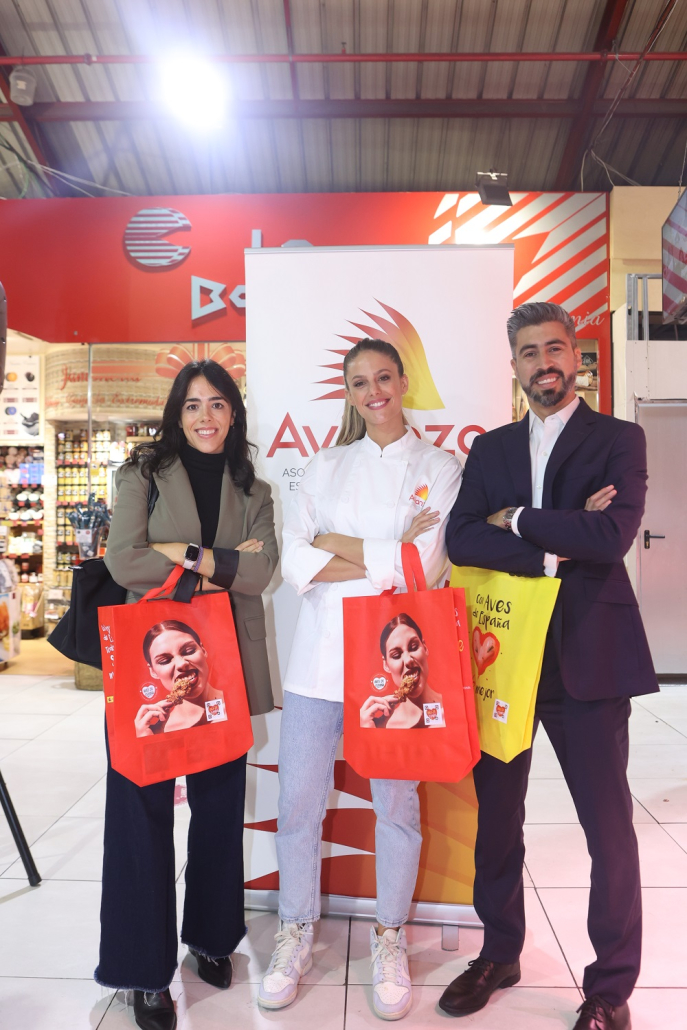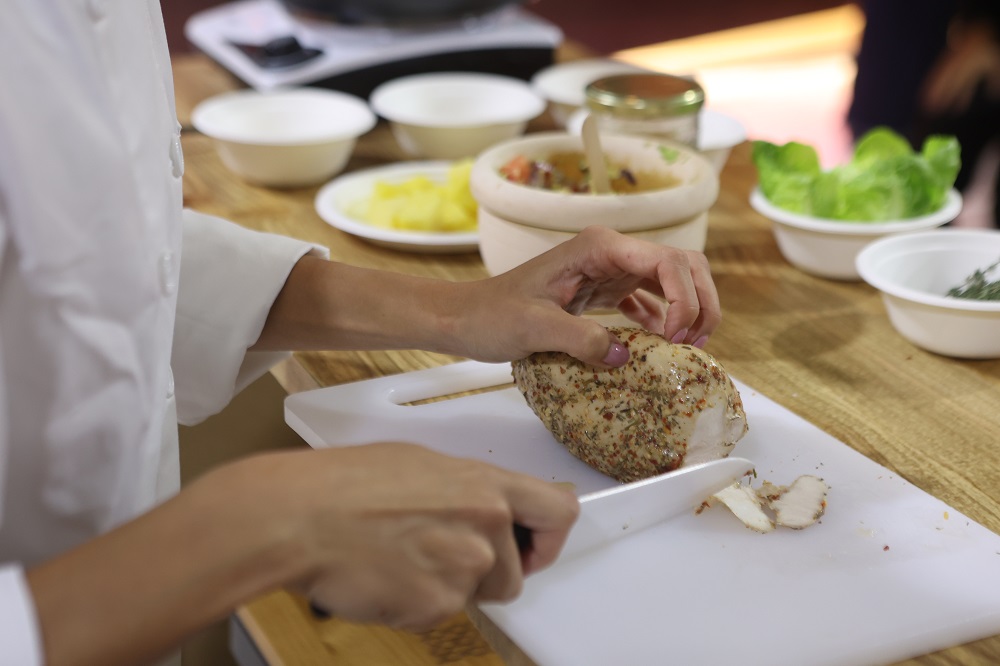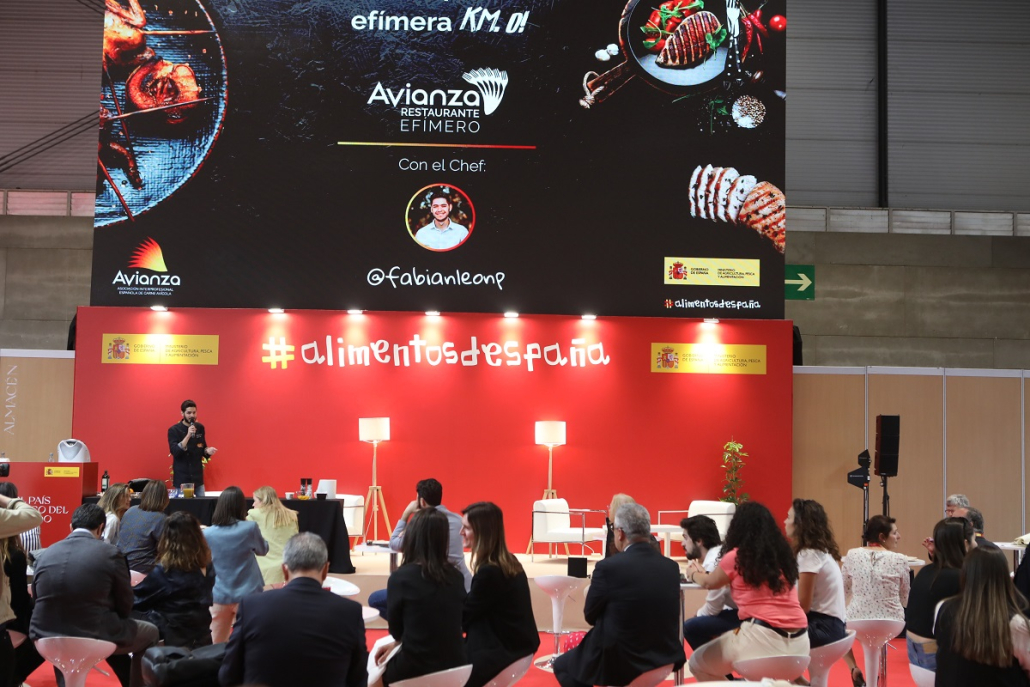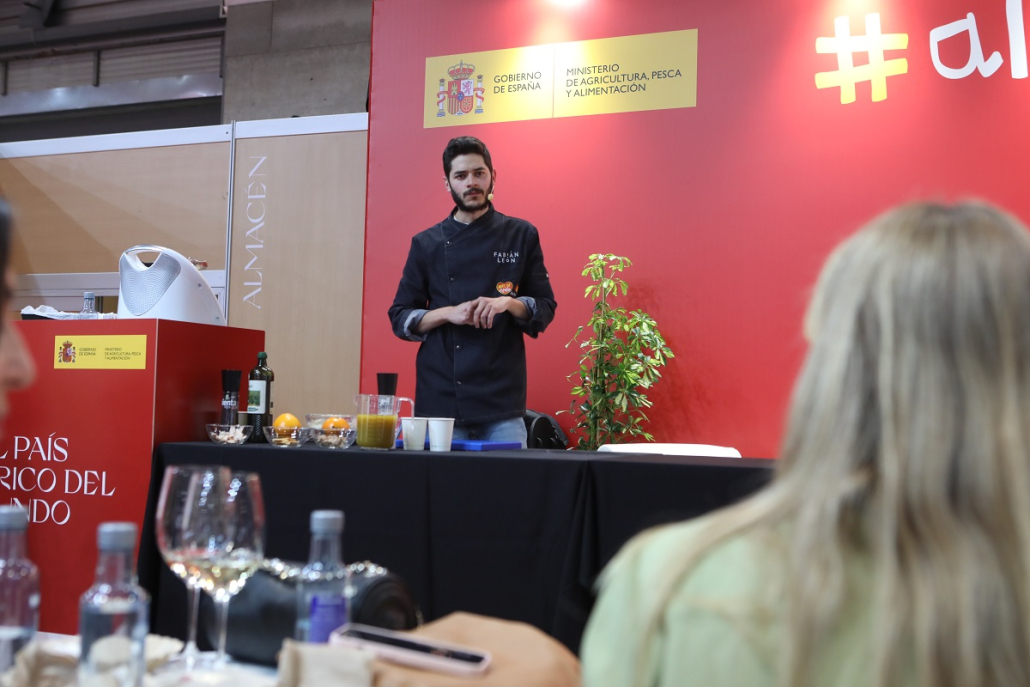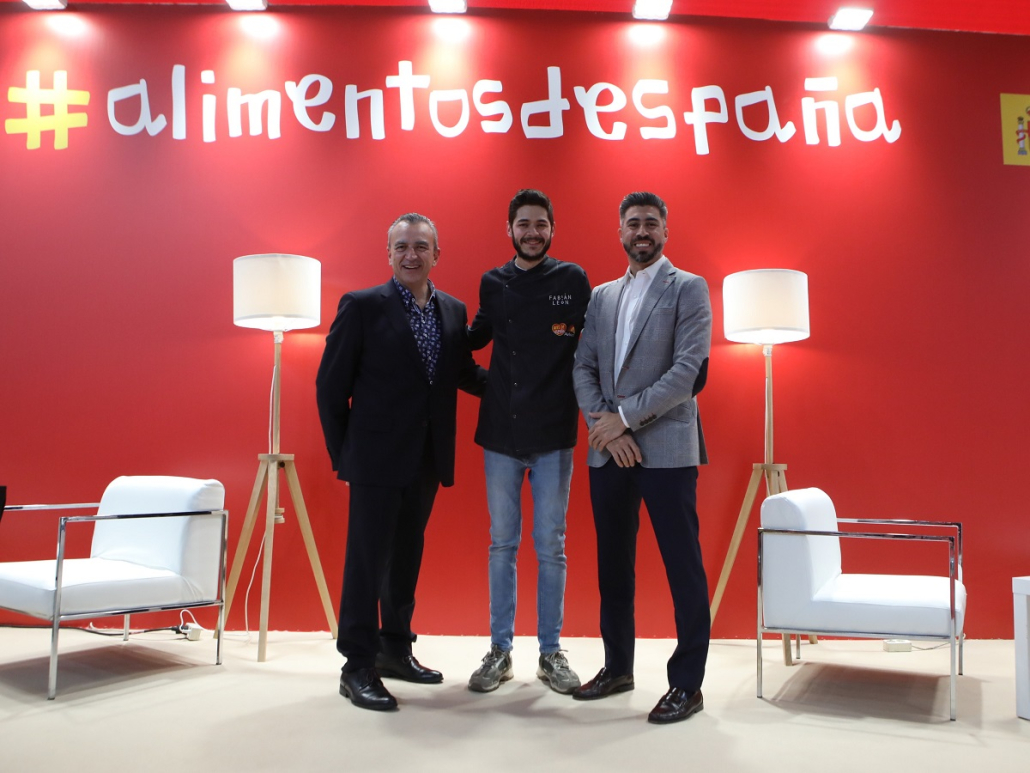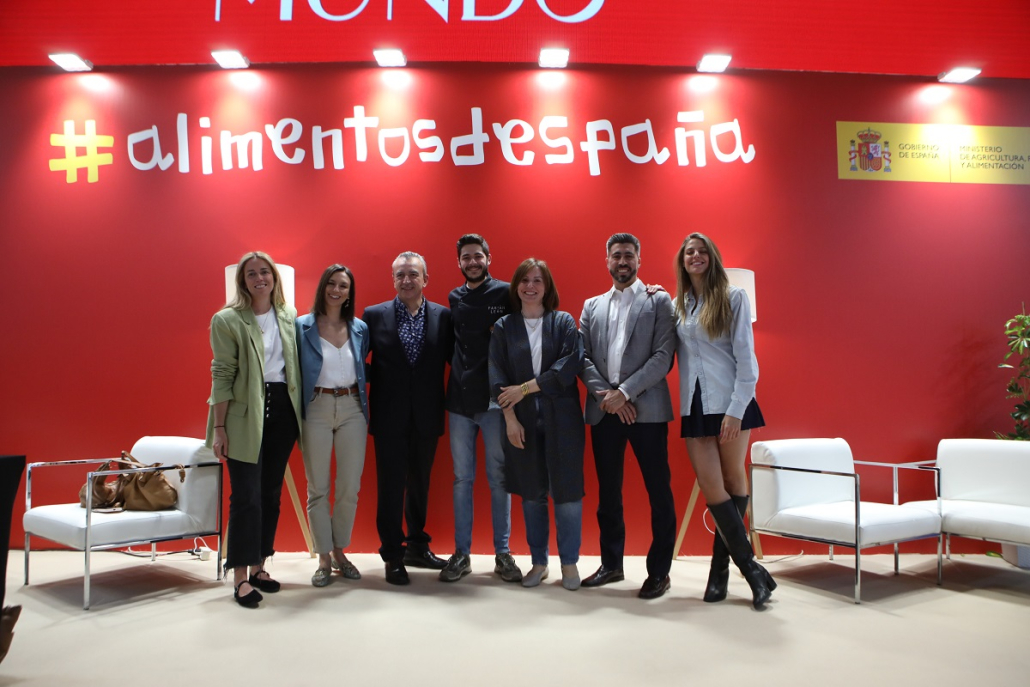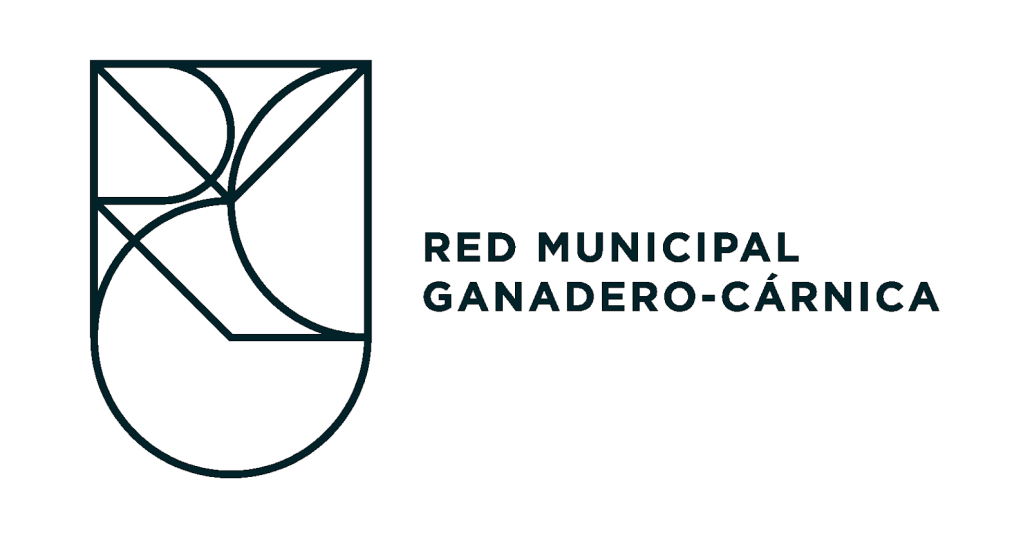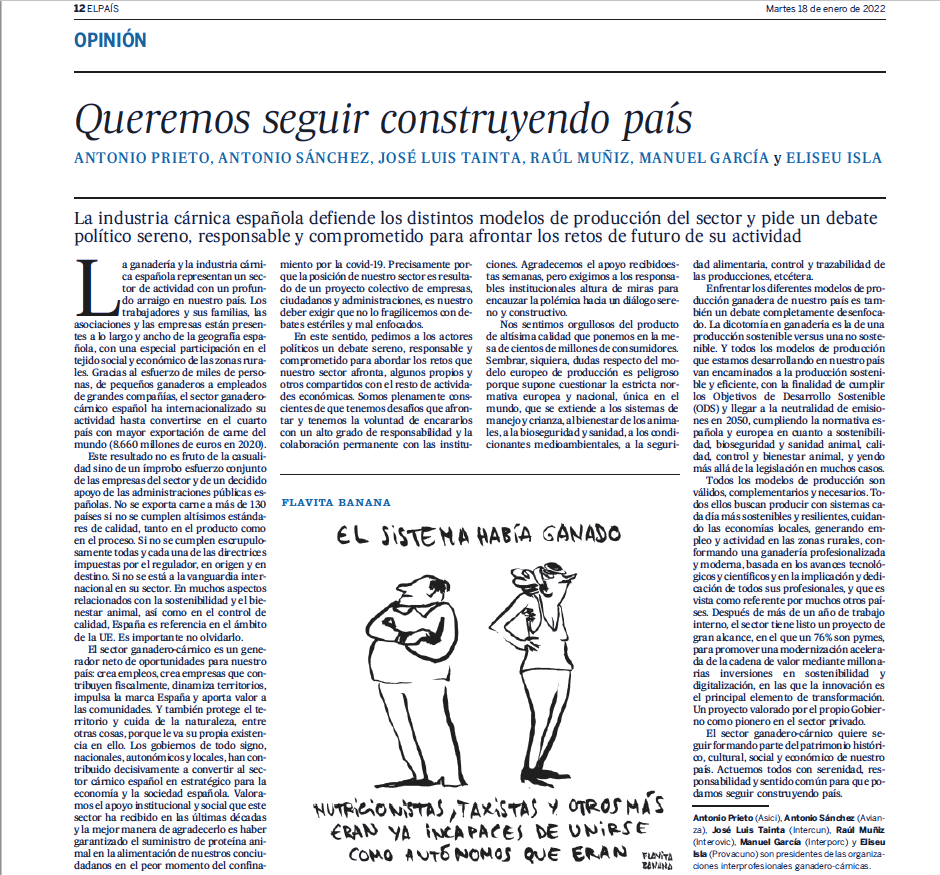OPEN CONVOCATORY:
Tender for the selection of an implementing agency for the development of a multiple European program REA UE 1144/2014 for the promotion of poultry products
EURSPO: EUROPEAN PROMOTION PROGRAM IN FRANCE, POLAND, GERMANY AND SPAIN
1/ CONTEXT
The associations:
FRANCE: ICPC – French Interprofessional Committee for Broilers (Coordinator)
Since its origins in 2007, CIPC is a French poultry association that represents 85% of the poultry sector and each of its sectors: hatcheries, livestock farmers, animal nutrition, slaughterhouses. CIPC allocates its means and resources to broiler production, with a dedicated board member and survey activities. Based in Rennes, close to the main poultry production areas, CIPC represents the interests of its members on a wide range of issues such as animal welfare, sustainable production, food security, exports and social issues, which is why its employees are actively involved in various working groups and consult. with, for example, members, ministries, the French Food and Consumer Product Safety Authority (DGCCRF), universities and others. CIPC also contributes to disseminating all innovative results to encourage investments in the poultry sector. At EU level, CIPC follows the work of AVEC, the voice of the European poultry sector. At the national level, CIPC developed an Observatory on the rational use of antibiotics in poultry and contributes to the value group on agri-food, which is one of the three main agribusiness groups and participates in Avipole Training (the national training center for poultry free-range).
POLAND: KRD-IG – The Polish National Poultry Council – Chamber of Commerce
KRD-IG is a leading organization of the poultry sector in Poland, based in Warsaw, which aims to protect the interests of poultry farmers, producers and processors. Currently the KRD is made up of 110 members from various specialties in the poultry industry. Members of the KRD include agricultural universities, associations of poultry farmers and producers, poultry meat processing plants, feed production plants and individual poultry farmers and producers. They represent all sectors of the Polish poultry sector. KRD members produce approximately 70% of the total production volume of poultry for slaughter and approximately 80% of exported Polish poultry products. The organization actively stimulates the growth and modernization of the Polish poultry sector and represents the poultry industry in relations with the Polish government, administration and non-public organizations. KRD coordinates promotional and communication projects for the poultry industry and maintains a wide range of educational and informational initiatives. KRD actively represents the Polish poultry industry in Europe and around the world.
GERMANY: BVH – Bundesverband bäuerlicher Hähnchenerzeuger eV
The BVH is the federal association of chicken producers and is responsible for agricultural operations at all stages of German chicken meat production. The task of the association is to pool information on broiler production, provide competent information to all interested parties as well as authorities and institutions, and thus make the German poultry industry internationally competitive. With around 1,000 members currently, the 95% of the German poultry industry is organized in the BVH. As a subsidiary specialized in topics related to the poultry industry, BVH is a member of the main organization of the German poultry industry, the ZDG – Zentralverband der Deutschen. Geflügelwirtschaft e. V. (German Poultry Association). At EU and international level, BVH is a member organization of AVEC and the International Poultry Council. BVH is the recognized interlocutor of the German Federal Ministry of Food and Agriculture for all issues related to poultry meat production. BVH's tasks cover a wide variety of topics representing the interests of its member companies, such as animal welfare, food safety, the promotion of export activities and marketing standards.
SPAIN: AVIANZA – Spanish Interprofessional Association of Poultry Meat
AVIANZA has 43 associated companies, integrating more than 95% of the poultry meat market, currently having more than 5,000 farms, 281 slaughterhouses and cutting plants, as well as more than 40,000 employees working for the poultry meat industry in Spain. AVIANZA's commitment is to develop innovation and market access for associates who seek equitable promotional activities that allow them to develop in a constantly changing world. Avianza focuses on the promotion of all poultry meat products, specifically on quality, environmental and sustainable consumption measures. Poultry meat production in Spain is technologically advanced and fully integrated, representing 23% of national meat production. Around 80% of the total poultry meat in Spain is chicken production.
EURSPO – the Programme:
The EURSPO Program focuses on the promotion and information on sustainable European poultry products and the benefits of European poultry meat consumption with emphasis on industry efforts towards more sustainable European production systems and more sustainable consumption trends (against food waste).
The market analysis identifies and justifies the need for such an important program, both for the European Union and for the participating organizations (CIPC, BVH, AVIANZA, KRD) and is aligned with the strategies and Work Plan 2023 of Farm to Fork and Green Deal. and complies with the FBDG (Food Based Dietary Guides), reinforcing all the efforts made by the European Commission itself.
The main goal of the present program is to provide general information and raise awareness about the sustainability strategies that the European poultry meat industry has been and will continue to implement, especially in terms of the negative impact of food waste on the environment, the economy and society.
The general objectives are:
- highlight the specificities of the European Union, in particular in terms of respect for the environment and sustainability, in order to highlight the sustainable strategies that the European poultry meat industry has been implementing for many years;
- raise awareness of the benefits of choosing products from the EU to promote a healthy lifestyle;
- increase the competitiveness and consumption of European poultry products, thus increasing the European market share in Germany, France, Spain and Poland.
This proposition has a pan-European identity with a unified European image across all target markets, tailoring the message to the individual challenges they face and inspiring and motivating action from all stakeholders.
The EURSPO program focuses on three target audiences: young people, family decision-makers (who would form the final consumer section) and opinion leaders in France, Poland, Germany and Spain. By selecting these segments, promotional campaigns aim to target generations that seek information, learn about food choices, and make decisions; those who make food decisions for themselves and their families, shaping our consumption trends; and those who can spread our message of sustainability.
With a total budget of more than 4 million euros and numerous promotional and information activities in France, Poland, Germany and Spain, the association will not only use online and offline channels to communicate the message, but will also organize different events, tasting and workshops to reach the largest number of consumers possible. The impact this program will have for the European poultry sector will also encourage other key industry players to work on their sustainability and approach to food waste.
2/ CALL FOR TENDER
The hiring of a specialized implementation agency is necessary to plan and execute the actions covered in this program once CIPC and the rest of the associations have signed the grant agreement. The partners expect a sustainable partnership with the implementing agency, based on high mutual trust, considering the budget involved and the need to maintain the partners' trust through the proposed program.
The selected Agency will interact with CIPC as Coordinator, but also with all partners individually to implement the program in their respective target countries.
Open bidding conditions:
1. The objective of this competition is the application for a promotion program co-financed by the EU REA agency. If European funds are not guaranteed, the tender will be considered void.
2. This tender is not remunerated. Unselected applicants will not receive any financial compensation.
3. All information sent to selected applicants will be treated with strict confidentiality, and due to the institutional nature of the data, it cannot be used for other clients.
4. CIPC will send applicants, upon request, a report that will include technical information related to the selection of target markets and program objectives for the preparation of their proposals.
5. The selection criteria will ensure the best value for money in accordance with Regulation (EU) No 1144/2014 of the European Parliament.
6. Once the applicant's creative proposal has been submitted, it becomes the property of the contracting entities without limitations of time and space, and this includes its use for all media and communication media.
7. The contracting entities reserve the right to use creative concepts (images, logos, slogans and domain names) in the context of other own campaigns and without time limitation.
8. The selected agency will sign a contract with the contracting entities.
9. No costs shall be incurred before a framework agreement has been signed between the contracting entities and the European Commission, and a framework agreement between the contracting entities and the implementing body.
Mandatory elements that applicants must submit:
Candidates must propose a strategic plan for the development of a multi-promotion REA program in the aforementioned markets with the objective of improving the image of poultry products and boosting their consumption.
The detailed proposal (preferably in PowerPoint format) must be sent in English to the coordination team ( [email protected] ) and Mr. Yann Brice ( [email protected] ) and must include:
- Application letter dated and signed accepting the bidding rules.
- A Presentation of the agency that includes proof of being up to date with the payment of taxes, information on its financial viability, on its powers to accompany the association in these missions and on its knowledge of the regulations relating to promotion programs financed by The EU.
- A proposal based on the knowledge of the target countries about the production, consumption, sustainability aspects and consumption habits of poultry meat. The agency should be able to propose a range of actions based on the different criteria established in the proposal, providing results and impact (not lower than those indicated in the Program description).
- The agency must describe the objectives, the target audience, as well as the expected deliverables and must include a budget proposal for each action within the general framework defined for that campaign.
- Taking into account the main message of the campaign, the agency must design an alternative to the general creative concept of the campaign, in particular, the initial design (1 to 3 variants) of the visual identification of the campaign (graphic sign (logo) of campaign), master layout, website home page, advertising design (both offline and online), examples of posts on social networks, promotional materials, stand design for fair, POS and other events planned in the program.
- Affidavit duly dated and signed by the applicant stating any possible conflict of interest arising from the work carried out by an institution in the Poultry sector in any of the markets covered by the campaign.
The proposal must integrate the mandatory EU signature and other graphic elements as stipulated in Regulation CE/1144/2014 and related legislation. The selected implementing agency will have to strictly comply with these criteria for all actions planned and carried out, as non-compliance with these EU rules would lead to ineligibility of the actions and loss of funding. In the event that our application does not reach the signing of the grant agreement, the conduct of the campaign should of course have no purpose and this tender would be null and void.
3/ SUPPORT ACTIONS
The selected implementing agency will support the beneficiaries in the implementation of the following actions provided for in this program:
- Public relations activities (public relations office and press releases)
- Digital media (social media campaign, online advertising, digital events, etc.)
- Organization and promotion of Points of Sale and different types of Events (B2B, B2C) and activities aimed at the consumer (restaurant weeks, sponsorships…)
- Advertising in different media (press, online, outdoor...)
The Candidate must propose how to articulate and adapt all these actions to the different target countries, as well as demonstrate their experience in the different fields of activity.
CIPC will send applicants, upon request, a report that will include technical information related to the selection of target markets and program objectives for the preparation of proposals.
An Evaluation Agency will also be selected to audit the program and its activities. The selected body is expected to facilitate the work of the evaluation agency as necessary throughout the project, for example by providing information requested by the evaluation agency, participating in occasional meetings and taking into account its recommendations.
4/ SELECTION CRITERIA
The selection will be made by a jury made up of the 4 national poultry associations (CIPC, KRD-IG, BVH, AVIANZA) that participate in the project.
Selection criteria:
- Quality, creativity and coherence of the strategy, argumentation of the proposed actions (35 points)
- Experience in EU promotion projects, understanding and strict compliance with EU promotion rules (15 points)
- Experience in Communication actions, particularly in food promotion, aspects of sustainability and food waste (15 points)
- Quality of information provided on the financial viability of the agency and value for money (20 points)
- Project management team qualifications and experience in participating countries (15 points)
5/ PROPOSED PLANNING
- November 30 at 6:00 p.m.: Deadline for sending the application to the tender.
- December 15 at 6:00 p.m.: Notification of the chosen agency and detailed notification to the other agencies of those not selected.
7/ CONTACTS
The coordination team and Mr. Yann Brice (Executive Director of CIDEF-CIPC-CICAR-ATM Avicole) are available to answer any questions candidates may have by email at [email protected] and [email protected] . Each email written within the framework of this call for tender must be in English and mention “EURSPO: Call for Tender – Implementation Agency” in the subject of the email.

